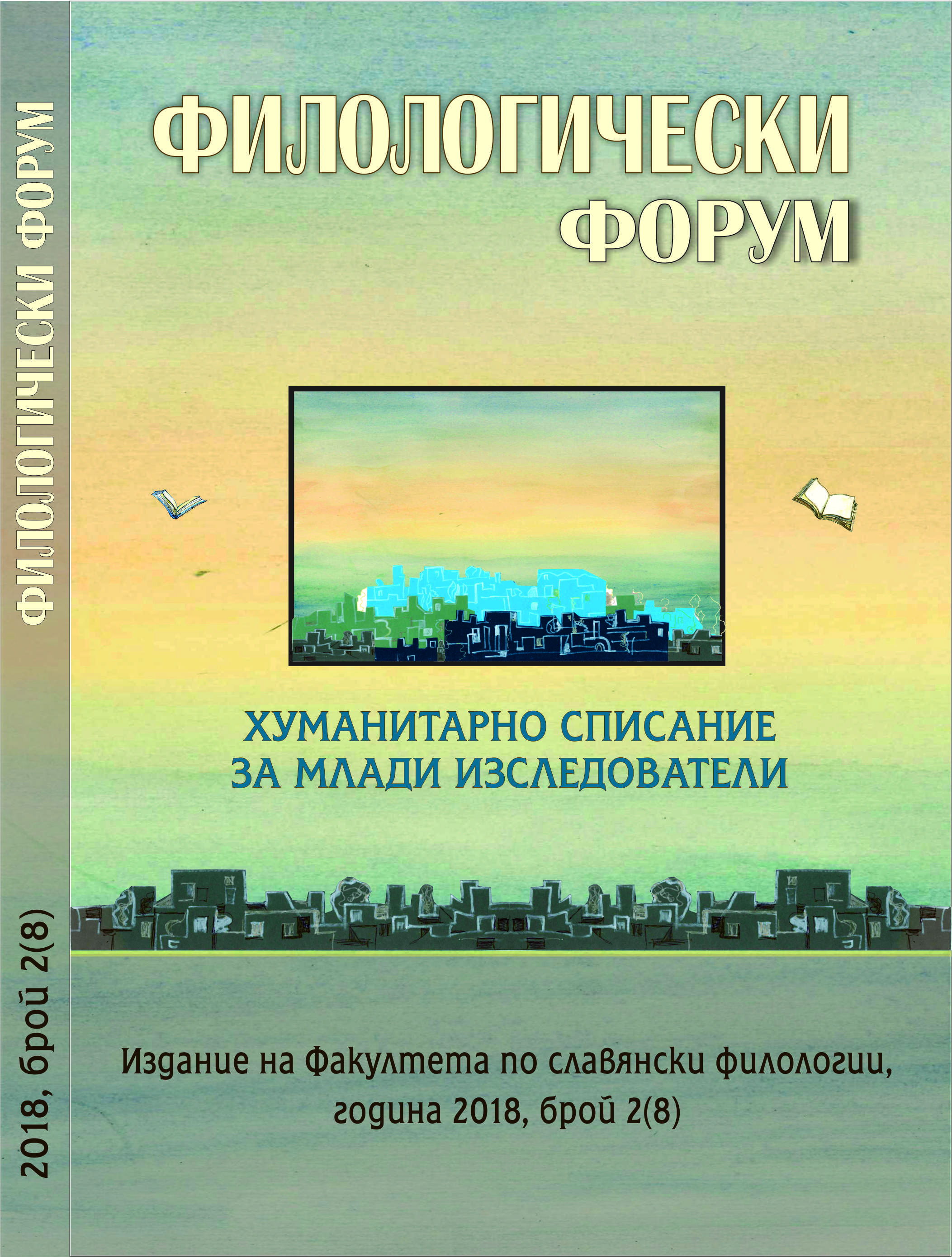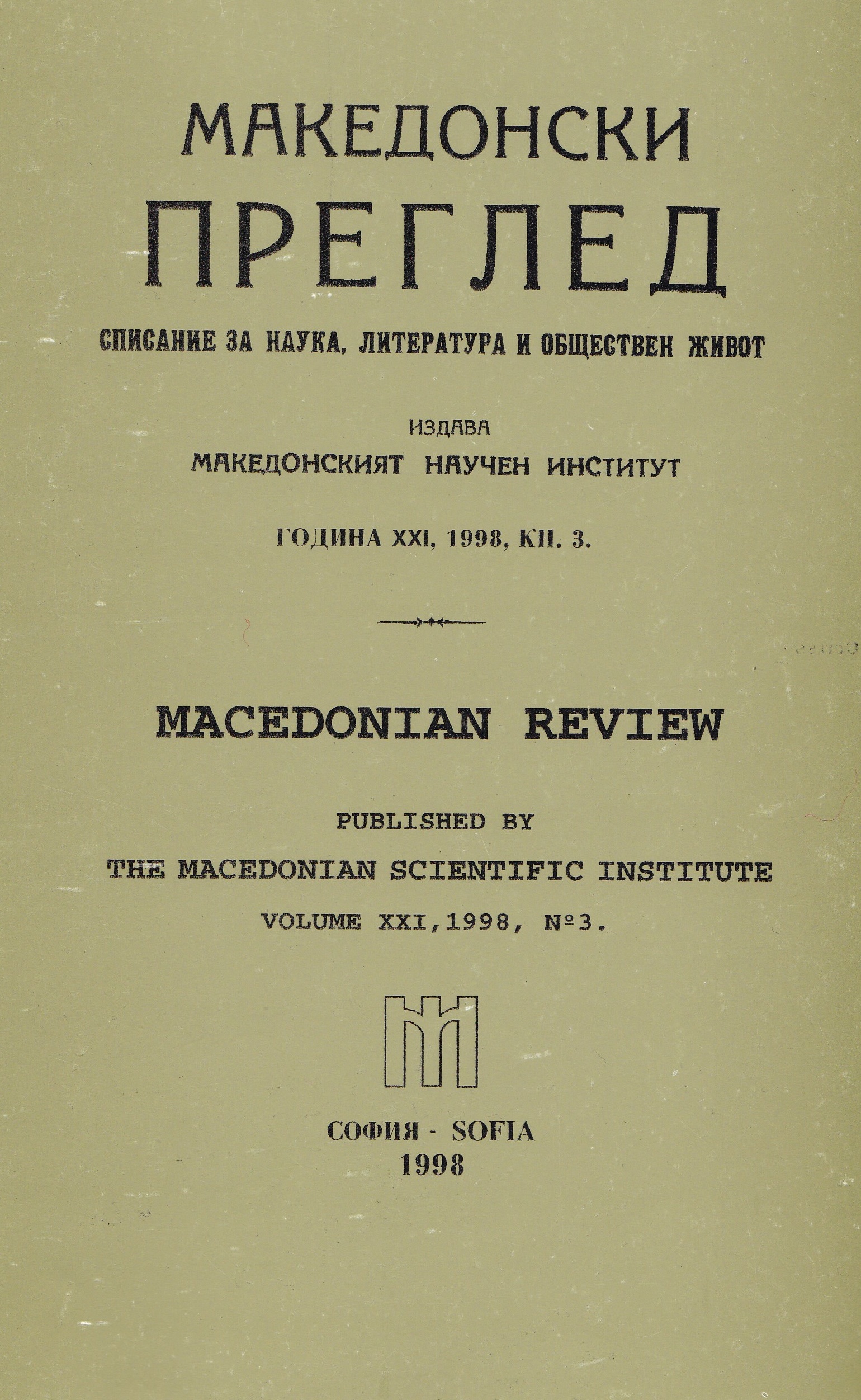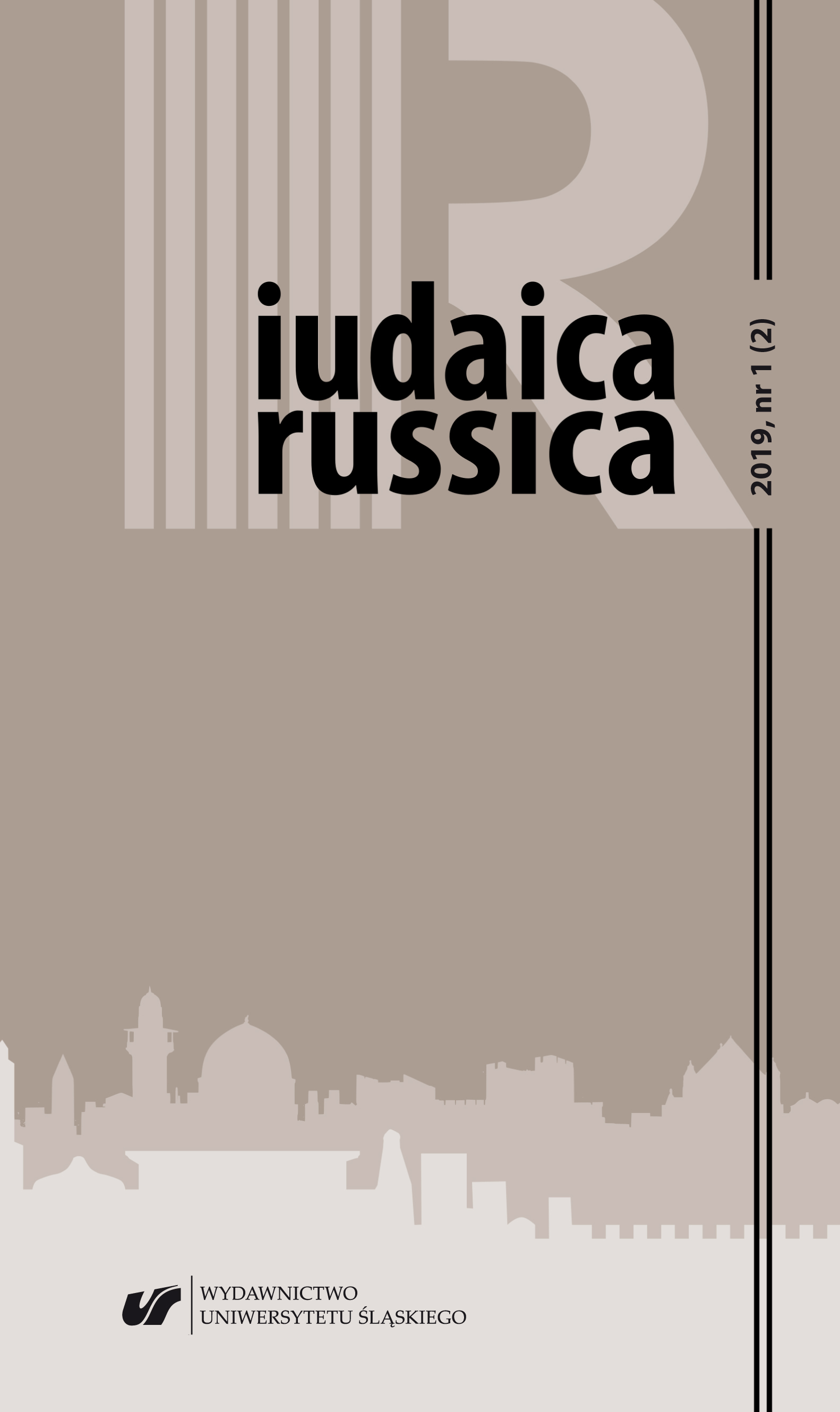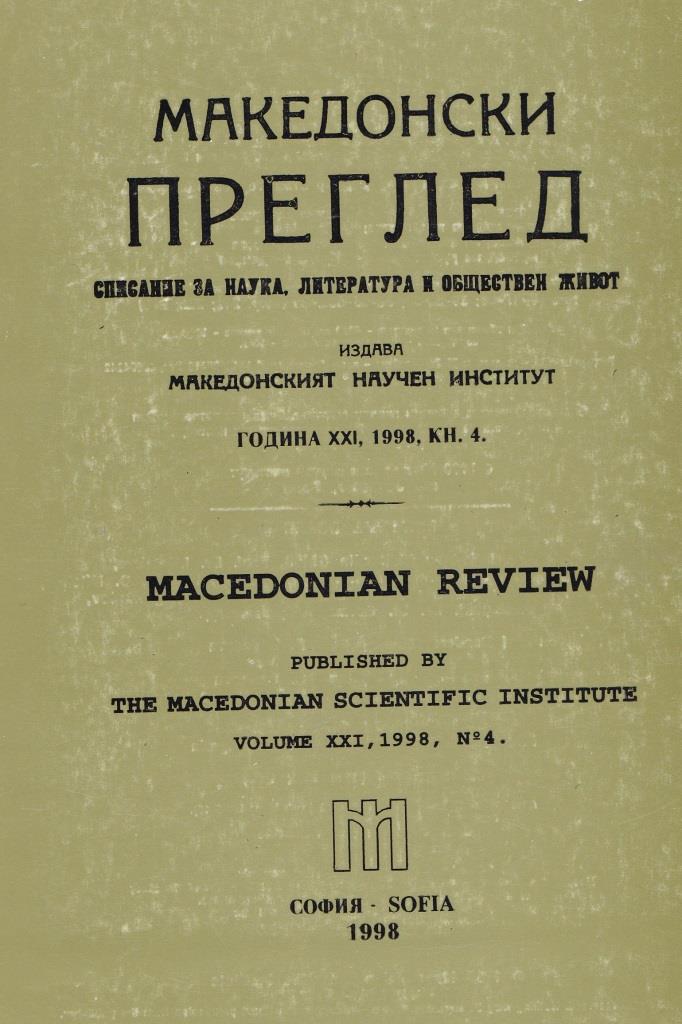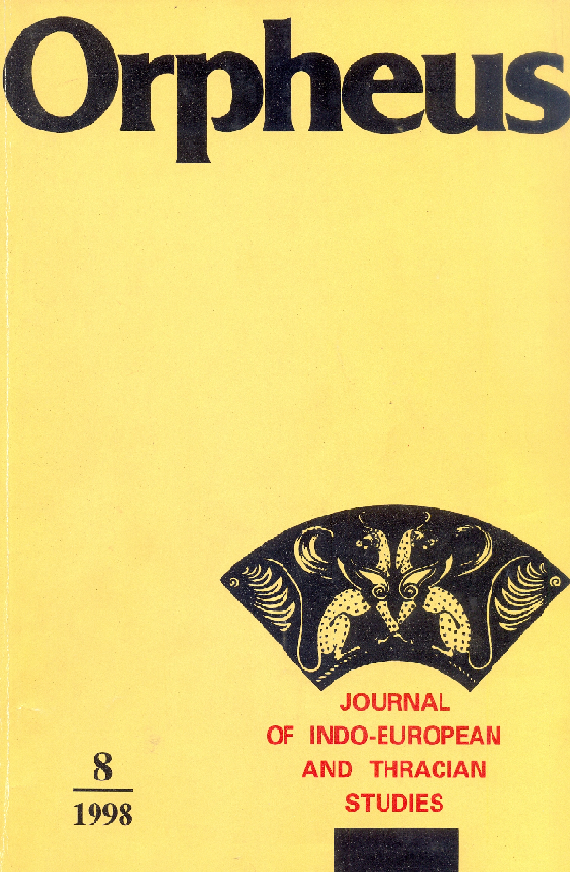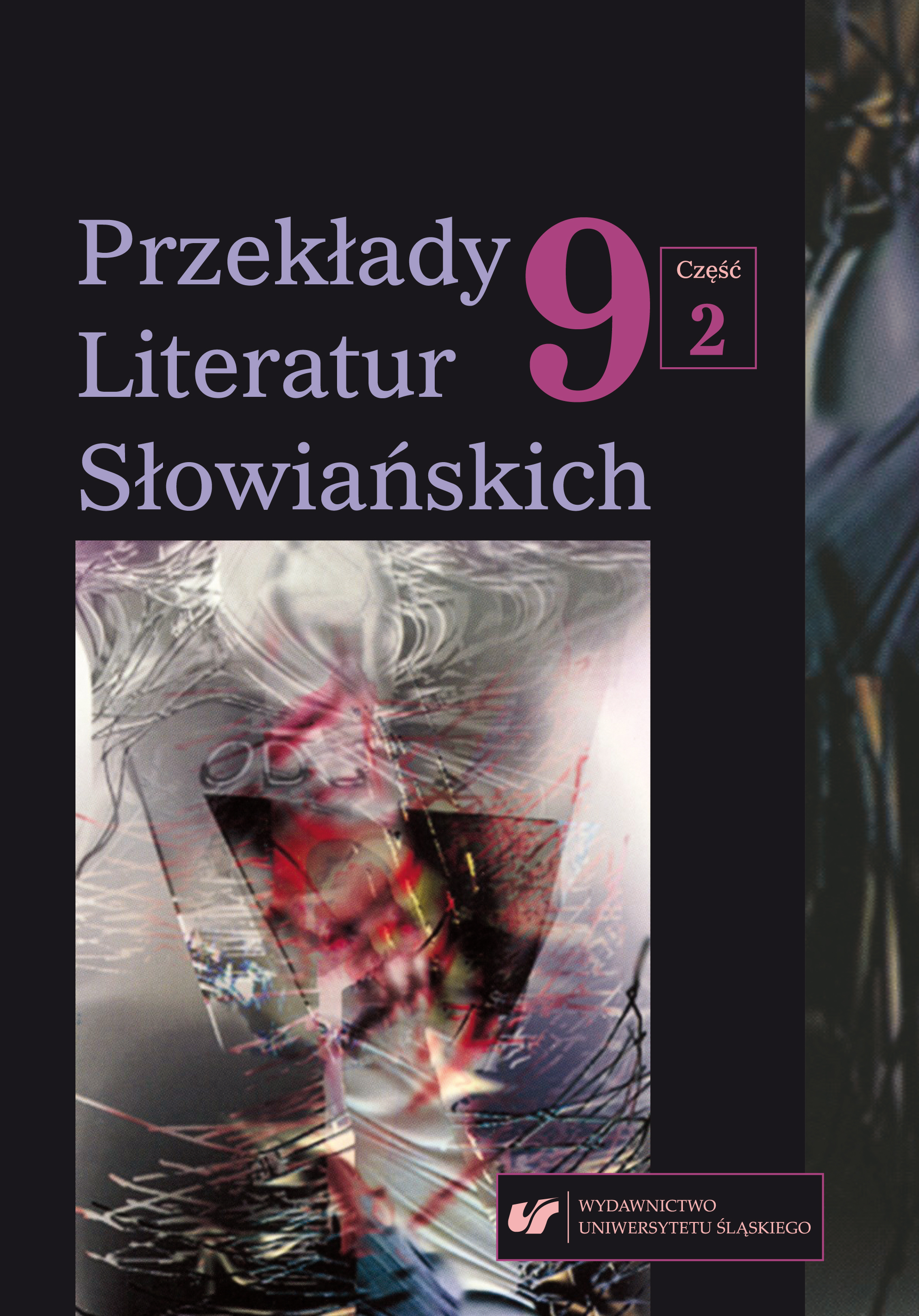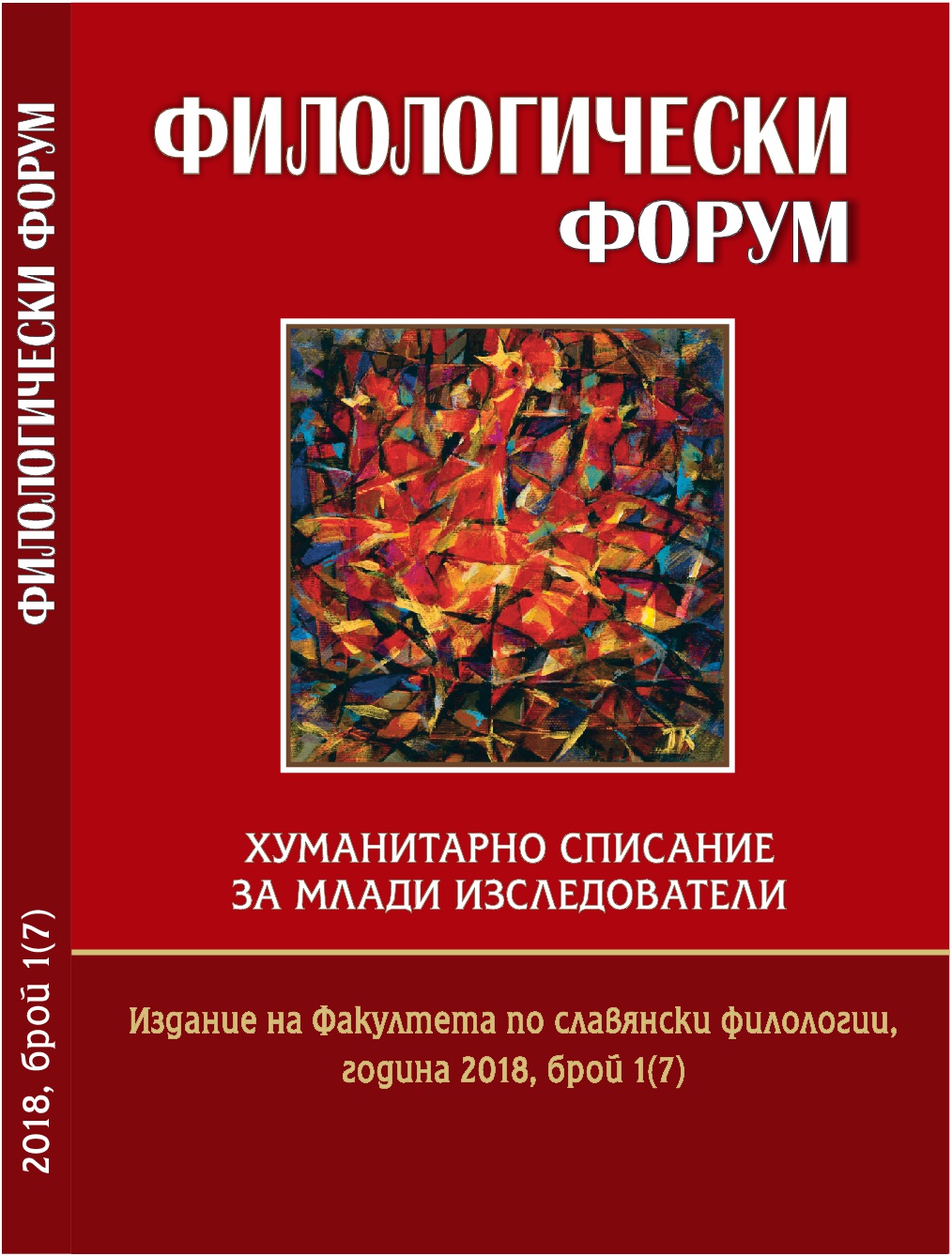
Употреба на пресемантизираното обръщение в някои чешки и български произведения
This article explores the use of presemanticised addresses in two Czech novels translated into Bulgarian and two Bulgarian texts translated into Czech. The frequency of use of these forms is studied and compared with the translated equivalents. We also pay attention to the classification of these words into part of speech classes and to various methods for analysing these types of addressing.
More...
